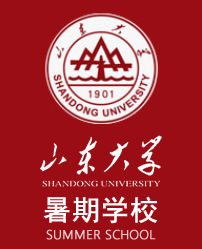中文课程简介
课程结构为3个模块,包括以下内容:
1. 细菌、病毒和真核(真菌、寄生虫)病原体的基本毒性策略,包括粘附、营养获取、生长和蛋白质分泌的机制。
2. 微生物病原体作用于宿主细胞基本过程的机制,包括入侵和细胞内生存,免疫逃避,细胞骨架破坏和细胞粘附和迁移的破坏。
3. 抗菌素耐药性和疫苗。不同的微生物(细菌、真菌、寄生虫和病毒)如何克服抗菌疗法/制剂和疫苗方法?讨论与抗菌素耐药性和疫苗设计相关的问题。
英文课程简介
The course is structured as 3 blocks with case presentations of important Bacterial pathogens. The case presentations will cover the following areas:
1. Basic virulence strategies of bacterial, viral, and eukaryotic (fungal, parasite) pathogens, with a focus on the microbe. These include mechanisms of adherence, nutrient acquisition, growth and protein secretion.
2. Mechanisms by microbial pathogens use to target essential host cell processes. Topics include: invasion and intracellular survival, immune evasion, cytoskeletal disruption and disruption of cell adherence and migration.
3. Antimicrobial resistance and vaccines. How do different microbes (bacteria, fungi, parasites and viruses) overcome antimicrobial therapies/agents, and vaccine approaches? Problems associated with antimicrobial resistance and vaccine design, including current and novel approaches will we discussed.
